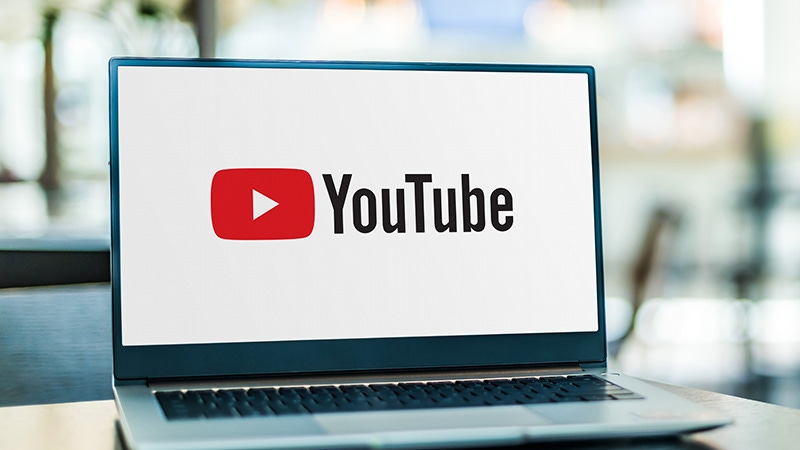Trending
Opinion: How will Project 2025 impact game developers?
The Heritage Foundation's manifesto for the possible next administration could do great harm to many, including large portions of the game development community.
YouTube's "playable" feature would let users play online games in the YouTube app or browser.

Google might be looking at YouTube as its next platform for pushing into the video game market. The Wall Street Journal reported last week that the former shepherd of Stadia is experimenting with a feature called "Playables" that will be available on YouTube via a web browser or mobile app.
The platform is currently being tested with casual games like Stack Bounce, a riff on the classic game Brick Breaker.
The news comes five months after the demise of Google Stadia, the company's previous push into game platform stewardship.
Then-vice president of Stadia Phil Harrison said that the platform "failed to gain traction" with users, though developers who shipped games on the platform expressed praise for the company's approach to distributing revenue from streamed titles.
Shortly after announcing the shutdown of Stadia, Google signaled its continued interest in investing in games streamed over the cloud, unveiling a trio of Chromebooks optimized for platforms like Xbox Cloud Gaming and Nvidia GeForce Now.
Google's pivot in the video game market is interesting because it already has a division dedicated to quick-to-play instant games: the HTML5 platform Gamesnacks.
Gamesnacks is currently nestled in Google's advertising division, so it's unclear if any tech or employees from that side of the company are involved in the Playables push. But there is a relevant market overlap: both Gamesnacks and Playables are platforms built on getting players into quick, casual game matches with the push of a button.
The contrasts between the two platforms become an interesting set of comparisons if you look at the business case for Playables. Gamesnacks' growth in countries like Brazil, India, and China owes a lot to two factors: the rise of low-spec mobile devices bringing new users into the mobile marketplace, and a global rise in "super apps" like Gojek or WeChat. These apps act as one-stop-shop destinations on mobile phones that can facilitate texting, ecommerce, and games.
Super-apps haven't taken off in markets like the United States or Europe, and the possible viability of such a product (not to mention the marketplace control it would give the app's developer) likely has some tech firms fishing for how they could claim that slice of the pie.
Twitter owner Elon Musk has cavalierly toyed with the prospect converting the social media platform into such an application which would be called "X."
Google's ownership of Android may not compel the company to chase a fully-functioning super-app of its own, but adding instant games to YouTube would surely push the platform towards that territory. Currently, YouTube acts as a short-form video host, a platform for live television, and a music streaming platform. Integration with Google Pay and other Google services could eventually close that gap.
The Playables feature could help with retention for everyday YouTube users, while expanded features could be offered through YouTube Premium.
Update: A Google spokesperson informed Game Developer that the company is "always experimenting with new features," but the company has nothing to announce right now.
You May Also Like